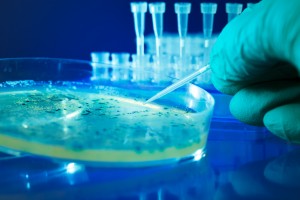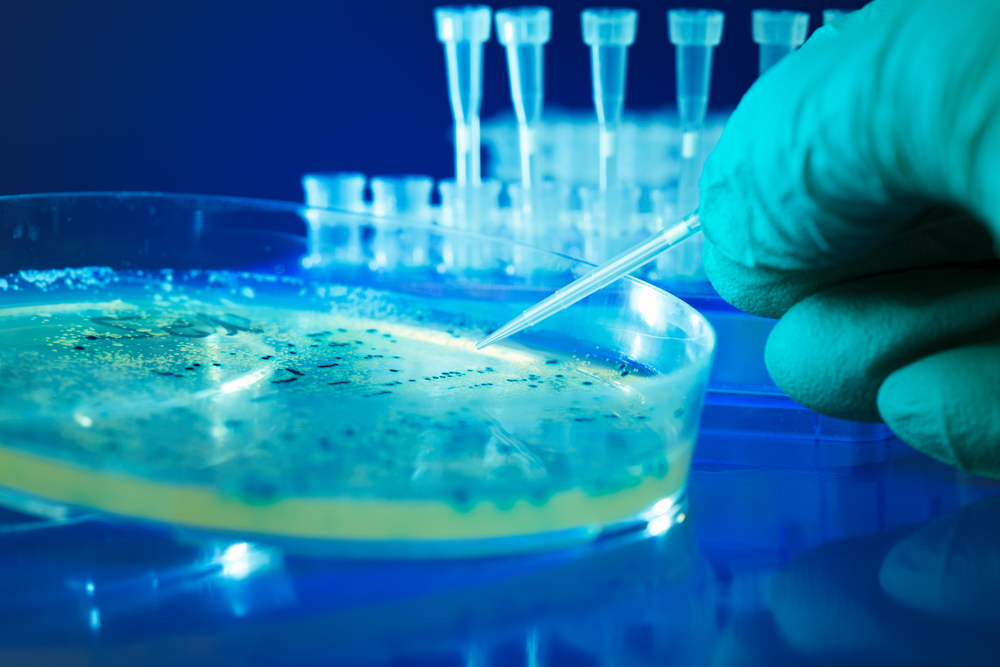 A group of researchers from Rhode Island Hospital published their latest results in the journal Urology, whereby they show that certain infections occurring after prostate biopsy resulting from drug-resistant Escherichia coli can be prevented through rectal swab cultures before the surgery.
A group of researchers from Rhode Island Hospital published their latest results in the journal Urology, whereby they show that certain infections occurring after prostate biopsy resulting from drug-resistant Escherichia coli can be prevented through rectal swab cultures before the surgery.
These bacterial cultures allow the detection of antibiotic resistant E. coli and can help to select antimicrobial prophylaxis used for the surgery.
However, in men who undergo transrectal ultrasound (TRUS)-guided biopsies, ciprofloxacin, a commonly used antibiotic, is probably not the best prophylactic choice for patients who test positive for ciprofloxacin-resistant E. coli.
“Aware of the increasing number of resistant strains of E. coli, our urologic physicians sought to decrease the number of post-biopsy infections and readmissions by conducting cultures on patient fecal samples to identify antibiotic-resistant strains before the biopsy is done, and the results were used to make the best antibiotic choice for prophylaxis,” Leonard Mermel, DO, medical director of the department of epidemiology and infection control at Rhode Island Hospital said in a news release. “As effective as biopsies are for diagnosing cancer, they do carry some risk of infection.”
There are roughly 1 million prostate biopsies preformed every year in the U.S, with approximately 200,000 cases resulting in prostate cancer diagnosis.
The majority of post-biopsy infections are triggered by E. coli as a result of bacterial inoculation from the rectal mucosa directly into the urinary tract.
Overall, there is a 2 to 6% rate of post-biopsy infections, with a 6.3% rate of hospital readmissions.
The research team evaluated the frequency of fluoroquinolone resistance in E. coli of adult men who preformed prostate biopsy. They then assessed the outcome of culture-directed prophylaxis on the risk of infectious problems post procedure.
The results showed that 12.8% of men had resistant E. coli on the rectal swab cultures. Also, patients who received prophylaxis according to their pre-biopsy rectal swab culture results had a lower chance of post-biopsy infections than those who preformed the procedure without pre-biopsy cultures.
Furthermore, patients without pre-biopsy bacterial testing and who initiated post-biopsy infections had a longer hospitalization period and a significant number (40%) had to receive treatment with intravenous antibiotics.
“As men are increasingly opting for active surveillance of prostate cancer, infectious risks associated with prostate biopsy are becoming particularly relevant,” study co-author Jessica Dai, MD, explained. “We hypothesized that the incidence of infections would decline after instituting this new screening process, and they did. Not only did we see that, we also met our secondary aim of establishing the local incidence of fluoroquinolone-resistant and extended-spectrum beta-lactamase (ESBL)-producing bacteria in rectal swab cultures.”

